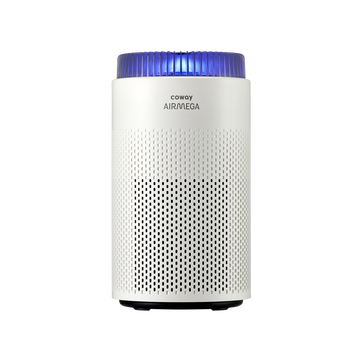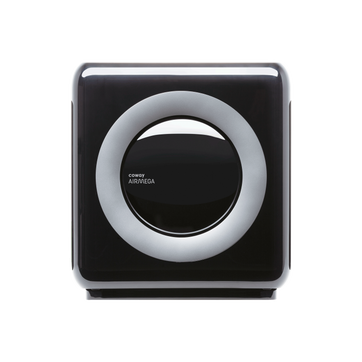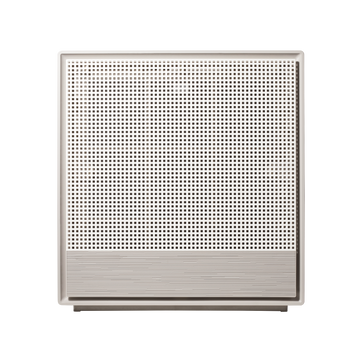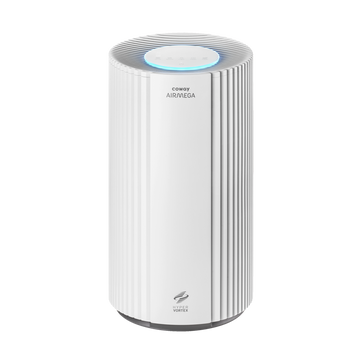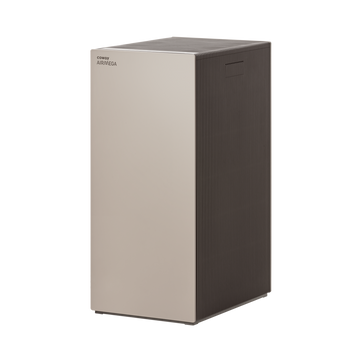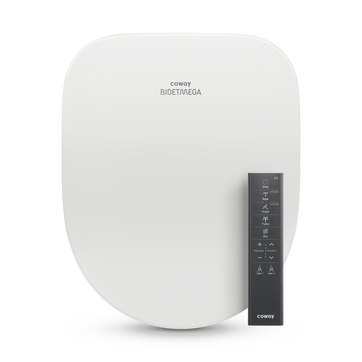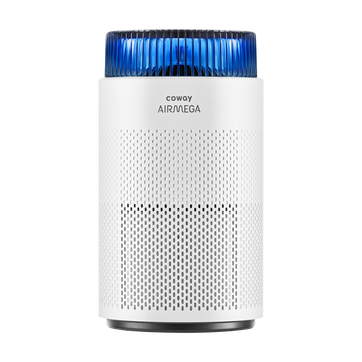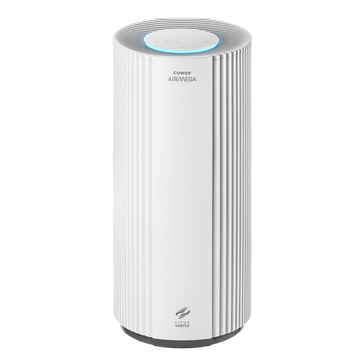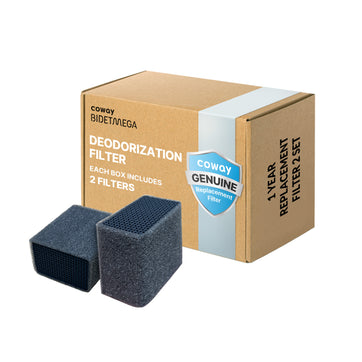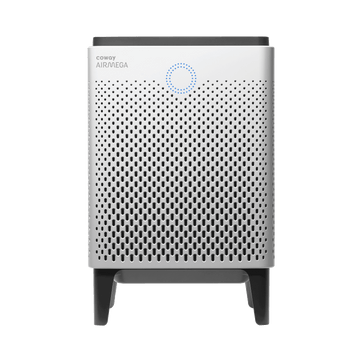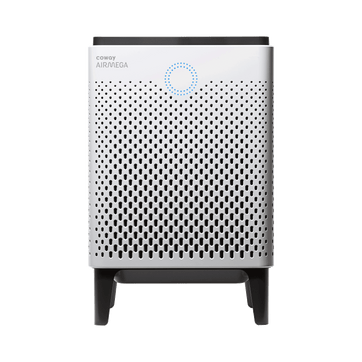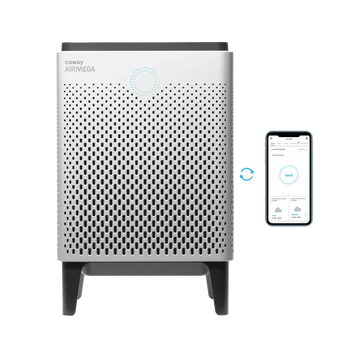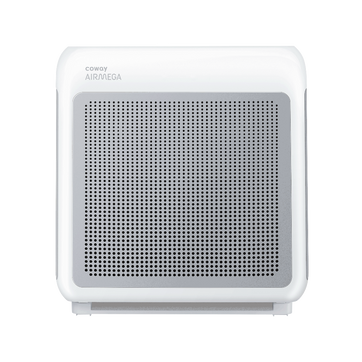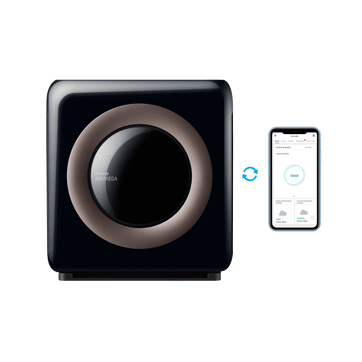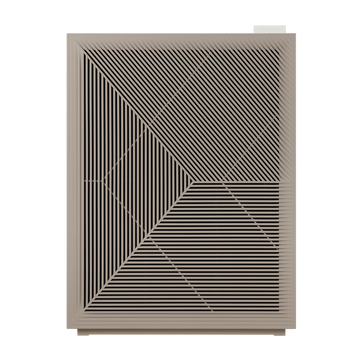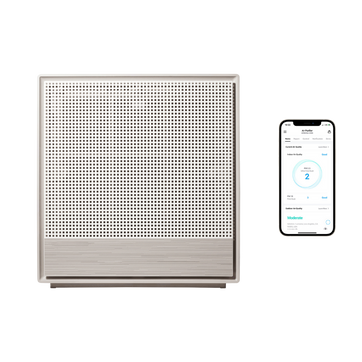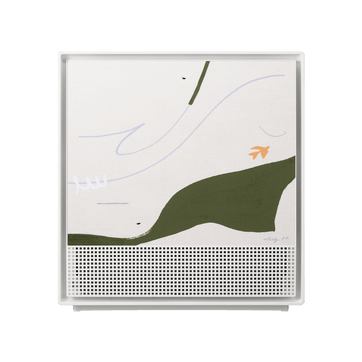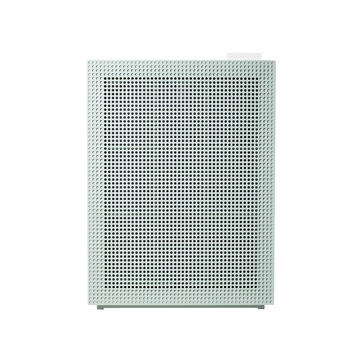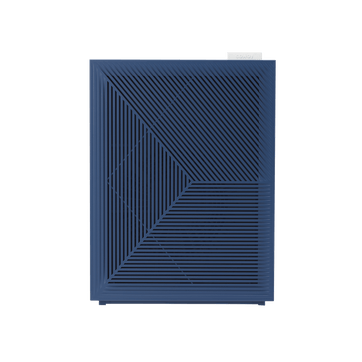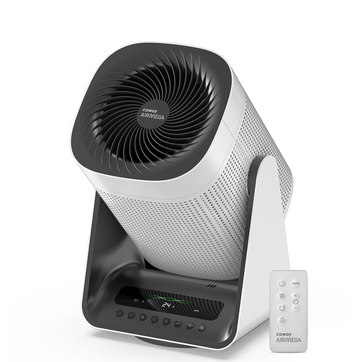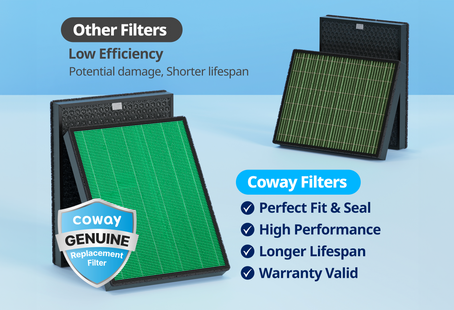
Is water a human right?
Every person on earth needs water to live, but who owns the water supply?
When the United Nations was founded after World War II, the organization codified the Universal Declaration of Human Rights (UDHR), intending to inspire a new era of human rights following the Holocaust. While not legally binding, this document advocated for a vast array of rights, including the right to food, but it contained no mention of water. However, by 2015, the United Nations included clean water and sanitation among its 17 Sustainable Development Goals aimed at the year 2030.
Thus, the view of water has changed over time at the world’s governing body, but how is it seen in other circles? Do people believe that water is a human right–or a private commodity?
As told by James Salzman, an expert on the history of drinking water, the debate reached a boiling point in Bolivia in the 1990s. At that time, the Bolivian government contracted with a private company to provide water to its citizens. Through the privatization process, the cost of water jumped by over 20 percent. Bolivians were outraged and rioted in the streets. As a result of the protests, the private contract was dissolved.
The activists then worked with international colleagues to write the Cochabamba Declaration that included the statement: “Water is a fundamental human right and a public trust to be guarded by all levels of government, therefore, it should not be commodified, privatized or traded for commercial purposes.”
Similarly, as recently as 2013, the CEO of Nestle seemed to say that water should be privatized, like any other food. This resulted in an immediate public backlash, with Nestle walking back his statements.
In the United States, the majority of the water supply is owned by public entities, and residents pay a subsidized fee for the service. Americans are fortunate to have some of the safest public drinking water in the world. Yet, as we’ve seen in Flint, Michigan and elsewhere, problems still exist. In addition, as water has become a packaged product and alternative to public water in recent decades, it has come to be seen as more of a product, than a right.
Another way to think about it is that water is a right, and there are products that exist to enhance the taste and purity of tap water. For example, the Coway Aquamega 100. The triple-filter system purifies water right at the kitchen tap, and reduces common drinking water contaminants by up to 99.9 percent.
Disclaimers
1Coway air purifiers have been proven to trap dust, pollen, dander, viruses and bacteria in the air based on KCL (Korea Conformity Laboratories) testing.They have been tested in a 30㎥ size chamber according to the Korea Air Cleaning Association standard (SPS-KACA 002-132:2022 Modified) to measure the 0.01㎛ size of particle removal rate. It was tested on maximum airflow speed in normal room temperature and humidity conditions. The performance may vary in the actual living environment of customers.
→ Tested with Airmega Aim, 50, 100, 150, 160, Tower AP-1216L, Mighty AP-1512HH, MightyS AP-1512HHS, 200M, Icon, IconS, 230, 240, 250, 250 Art, 250S, 300, 300S, 350, 400, 400S, 450, ProX
299.97% of viruses, bacteria, fungi and pollen were verified to be removed from the air for Coway air purifiers which have Green True HEPA™ filter applied based on the Japan Food Research Laboratories(JFRL) testing according to JEM 1467 standard.
→ Tested with Coway Airmega Mighty AP-1512HH, MightyS AP-1512HHS, 250, 250 Art, 250S, 300, 300S, 400, 400S
→ All tested by JFRL and received above result within below time.
4The concentration of ammonia, acetaldehyde and acetic acid were proven to be removed within 30 minutes by FCG Research Institute, Inc. Human Life Science Lab. It is not a demonstration result in the actual use space. Not all odors and gases may be supported. → Tested with Coway Airmega 150, 160, Mighty AP-1512HH, MightyS AP-1512HHS, 400, 400S
5The coverage area of the air purifier is based on an area where the air cleaner can make two air changes per hour (ACPH). An air change per hour translates to how many times an air purifier can clean an area, assuming the height of a ceiling to be 8 ft, in one hour. Therefore ** means two air changes per hour means that the cleaner can clean the area once every 30 minutes and * means air changes per hour means that the air purifier can clean the area once every 60 minutes.
10Terms and conditions apply. Discounts, including promotions, coupons, bundle discount and subscription discount, cannot be stacked on top of other coupons. During promotional periods, discount codes will not be able to be applied to orders. Promo codes may apply to products only—filters, accessories, and new products within 3 months of the release date are not included.
11Based on Coway R&D internal laboratory testing, activated carbon filtration was shown to remove up to 95% of ammonia odors within 40 minutes, and up to 99% of fecal odors within 20 minutes. Actual performance may vary depending on usage conditions.
